When it comes to feeding our cats, most of us want to do what’s best – but convenience and marketing have long convinced cat parents that kibble is “complete and balanced.” The truth? Science paints a very different picture. And it proves that our cats need a better diet.
Cats Are Virtually Tigers
Our beloved housecats may curl up on our pillows, but inside they’re still wild at heart. Genomic studies reveal that domestic cats share 95.6% of their DNA with tigers & other big cats. In other words, they are finely tuned obligate carnivores, designed to thrive on prey-based diets rich in animal protein, fat, and moisture. Just like their wild cousins, cats are not meant to live on ultra-processed foods filled with starches, plant proteins, and synthetic additives.
What “Obligate Carnivore” Really Means
Being an obligate carnivore isn’t a preference to our cats – it’s biology. Cats lack certain metabolic pathways that omnivores (like dogs and humans) have. They can’t efficiently convert most plant matter into the essential nutrients their bodies need. Instead, they rely on amino acids, fatty acids, vitamins, and minerals that are only found in animal tissue. Taurine, arachidonic acid, and vitamin A are prime examples of nutrients cats cannot synthesize from plants.
The Problem With Kibble
A feline’s natural diet consists of 2% or less of carbs. Commercial dry foods often contain more than 40% carbohydrates. This is not only unnecessary but harmful to feline metabolism, leading to inflammation, obesity, and diabetes. Beyond carbs, kibble also fails cats in two other major ways:
Lack of Moisture: Cats are desert animals with a low thirst drive. They were designed to get most of their hydration from fresh prey, which is naturally about 70% water. Dry kibble, at just 6–10% moisture, leaves cats in a constant state of dehydration. This is linked to kidney disease, urinary tract issues, and painful blockages.
Inappropriate Ingredients: Fillers, by-products, and plant proteins are biologically foreign to feline physiology. Over time, these ingredients contribute to chronic conditions such as dental disease, hyperthyroidism, and gastrointestinal inflammation.
The Hidden Link Between Diet and Behavior
Emerging science shows that what cats eat doesn’t just affect their bodies… it influences their minds. Studies on the gut-brain axis demonstrate that diet impacts feline aggression, anxiety, vocalization, and overall stress levels. A biologically appropriate diet supports a healthier microbiome, which in turn supports calmer, more balanced behavior.
Why This Matters
Feeding our cats isn’t just about filling their bowls. It’s about honoring their biology, preventing disease, and giving them the chance to live long, vibrant lives. Every meal is either working for their health or against it. By understanding the “why” behind species-appropriate diets, we empower ourselves to make better choices for the animals we love like family.
For a guide on “how” to transition your cat to a better diet, click here.

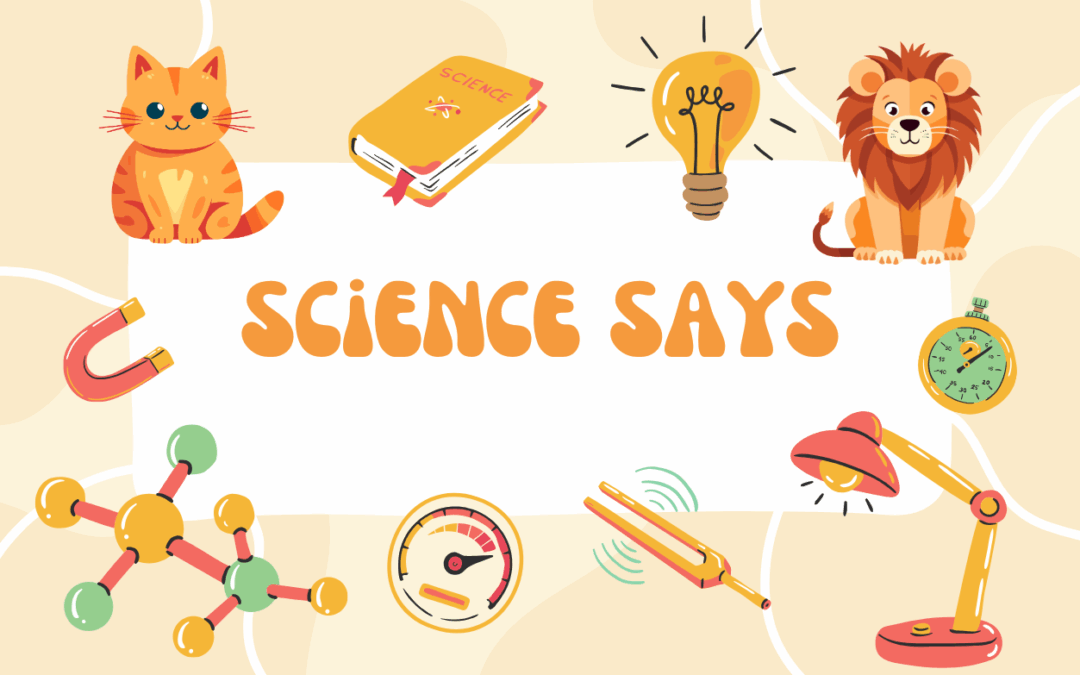
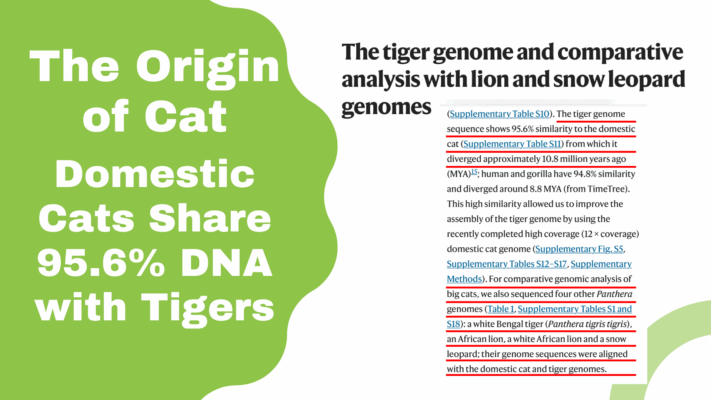
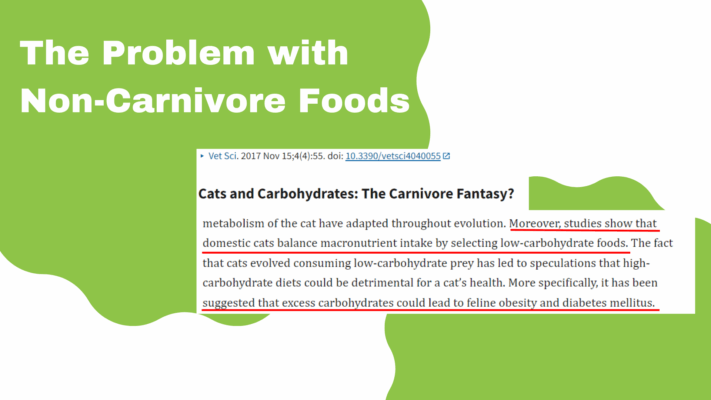
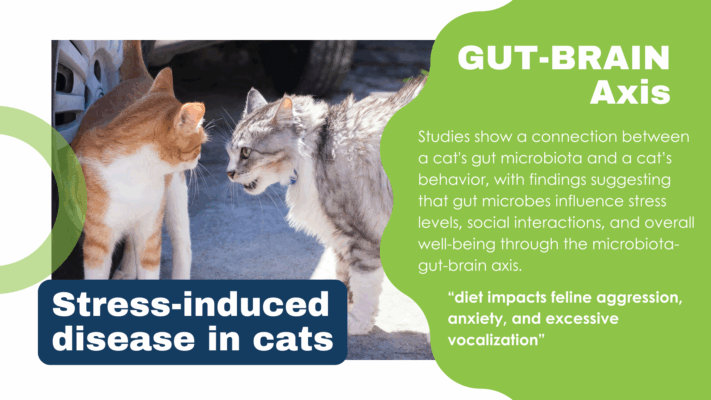
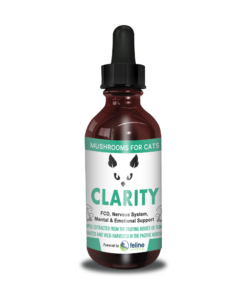
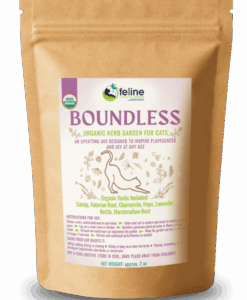

Recent Comments